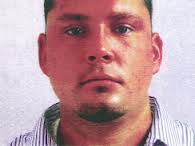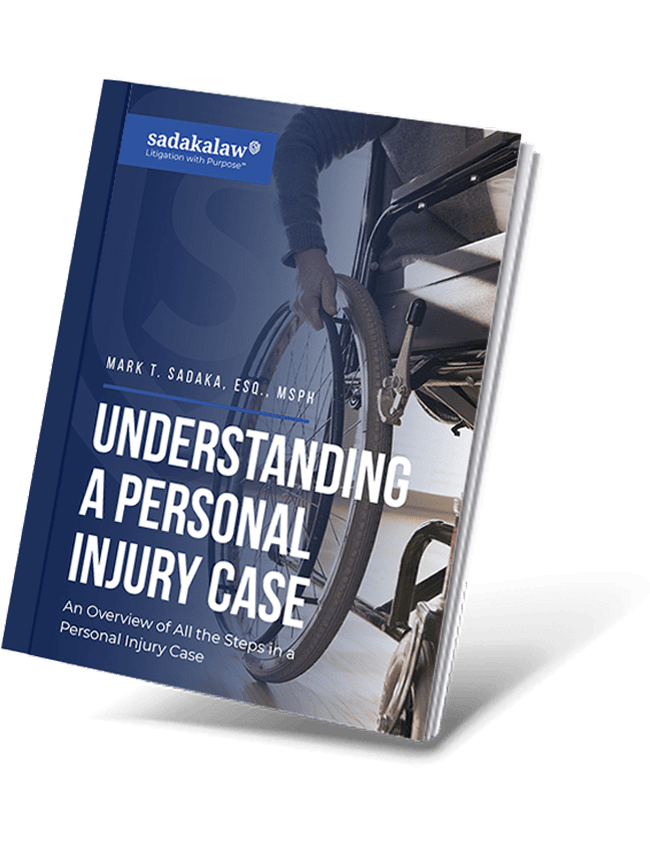 A lab technician accused of starting a Hepatitis C outbreak in New Hampshire is now behind bars charged with infecting 30 patients at Exeter Hospital in New Hampshire with Hepatitis C. But, this is just the tip of the iceberg, as David Kwiatkowski was a traveling technician, therefore his actions could have resulted in hundreds if not thousands of infected individuals all over the country.
A lab technician accused of starting a Hepatitis C outbreak in New Hampshire is now behind bars charged with infecting 30 patients at Exeter Hospital in New Hampshire with Hepatitis C. But, this is just the tip of the iceberg, as David Kwiatkowski was a traveling technician, therefore his actions could have resulted in hundreds if not thousands of infected individuals all over the country.
Kwiatkowski, 33, is accused of stealing the powerful anesthetic drug fentanyl from Exeter’s cardiac catheterization lab and injecting himself with syringes, which were then put back and used on patients. His same strain of hepatitis C, a blood-borne viral infection that can cause liver disease and chronic health issues, has been diagnosed in the other infected patients.
Kwiatkowski didn’t have direct access to Exeter Hospital’s medication system, but investigators believe he was able to steal medication that other employees were in the process of preparing for patients and switch it with syringes he had filled with another liquid, possibly saline. Former co-workers reported that he sometimes came in on his days off and attended procedures he wasn’t assigned to.
Testing originally was recommended only for patients who had been treated at Exeter’s cardiac lab, but state officials have expanded the recommendation to include anyone who underwent surgery or was admitted to the intensive care unit because Kwiatkowski sometimes took patients to those areas.
Officials have confirmed that because he was a traveling technician he may have infected patients with Hepatitis C in as many as eight states, and twelve hospitals in seven other states are now scrambling to identify people who may have been exposed by the traveling medical technician.
While other health care workers have been prosecuted for diverting drugs and infecting patients, the Kwiatkowski case stands apart, said U.S. Attorney John Kacavas.
“Because of his employment as a traveler, working for agencies and being sent around the country to various states, it really has tentacles all over the country,” he said. “Its scope is unprecedented and scary.”
Kwiatkowski has told investigators he did not steal drugs, is “not a shooter” and is scared of needles, according to court documents.
Testing has been recommended for about 4,700 people in New Hampshire alone, and officials still are determining who should be tested in a dozen hospitals elsewhere. In addition to Arizona – where he was fired from one hospital after testing positive for cocaine and marijuana – he worked in Georgia, Kansas, Maryland, Michigan, New York and Pennsylvania before being hired by Exeter Hospital in New Hampshire in April 2011.
Kwiatkowski, who is being held on federal drug charges, told authorities he learned he had hepatitis C in May, but authorities say there is evidence that it was diagnosed as early as June 2010. Kacavas said nailing down that date is his top priority, but in the meantime, the uncertainty is further complicating efforts by hospitals to make recommendations about testing.
Barbara Yeninas, a spokeswoman for SpringBoard Healthcare Staffing and Search, said her agency reported Kwiatkowski’s firing to a state regulatory board, as well as a national certification organization. Aubrey Godwin, director of the Arizona Radiology Regulatory Agency, said as the agency began investigating, Kwiatkowski surrendered his certification that allowed him to work in the state.
“His statement was that he didn’t have enough resources to fight it,” Godwin said.
Officials have identified 270 patients at Maryvale and fewer than 200 at the heart hospital who could have been exposed to Kwiatkowski.
If convicted of the charges he currently faces – tampering with a consumer product and fraudulently obtaining a controlled drug – Kwiatkowski could get as many as 24 years in prison.
For more information about hospital safety and serious personal injury law, visit the website of Sadaka Associates at www.sadakafirm.com.


